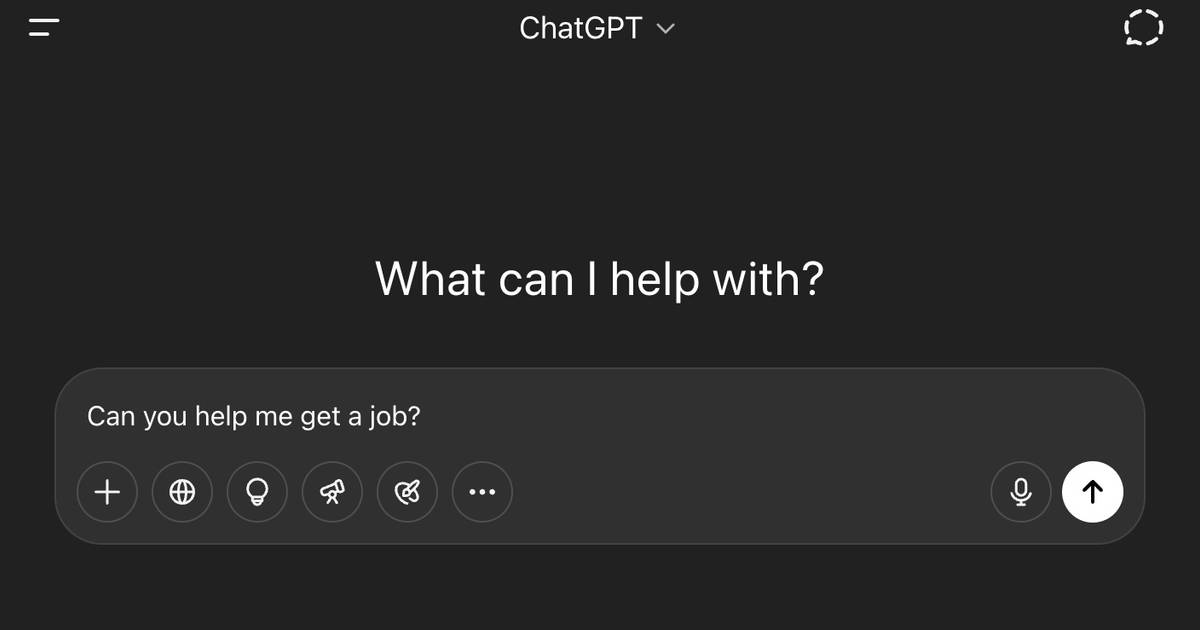As someone who recently wrapped up a job search, I know well that today’s job market is a digital jungle. You have to sign up for online job boards, tailor your profile for LinkedIn, optimize your résumé for applicant-tracking systems, and then retype all of that work experience on another page for some reason. And, before you ever sit down for an actual interview, you have to convince the algorithms you’re worthy. To do that, you need someone on the inside: Enter ChatGPT.
Fighting fire with fire
When I started searching for a new job earlier this year, I didn’t rely on AI to write my résumé or craft any cover letters (I’m a writer, after all!), but I found it was helpful to employ the tech as a second pair of eyes.
It identified typos, grammatical errors, and clunky language. Sometimes, it whiffed (its obsession with em dashes is real), but I appreciated having an editor.
ChatGPT’s biggest contribution: It spotted a font encoding problem on my résumé that undoubtedly would have kept me out of consideration for fruitful opportunities. With an increasing number of companies using AI to sort through applications, if ChatGPT flags a readability issue, it’s an issue.
Mock…Yeah!
Once I got invited to participate in the interview process, AI had something to offer there, too.
To get the job I have now, I copied-and-pasted Morning Brew’s job posting into ChatGPT and asked it to create some Brew-specific interview questions. In the past, I would’ve googled “popular interview questions” and gotten generic responses, but with ChatGPT, I had the material to stage a full-on mock interview with relevant and granular questions.
My main takeaway from using AI in a job search: Understand what AI can and can’t do, then harness it. Fight the machines with machines and hope that’s as close to the Terminator movies as all of this AI stuff gets you.—BC
Morning Brew delivers quick and insightful updates about the business world every day of the week from Wall St. to Silicon Valley.
